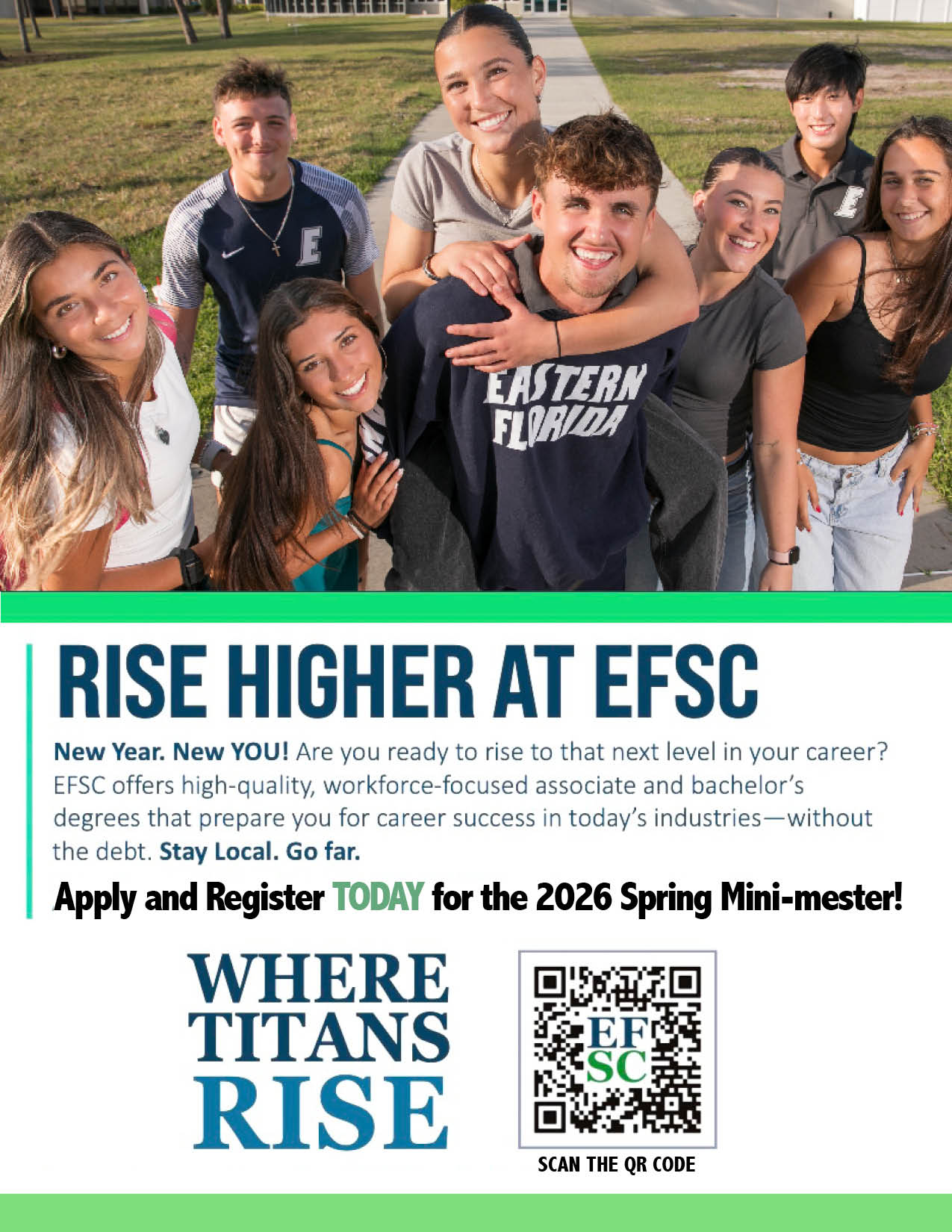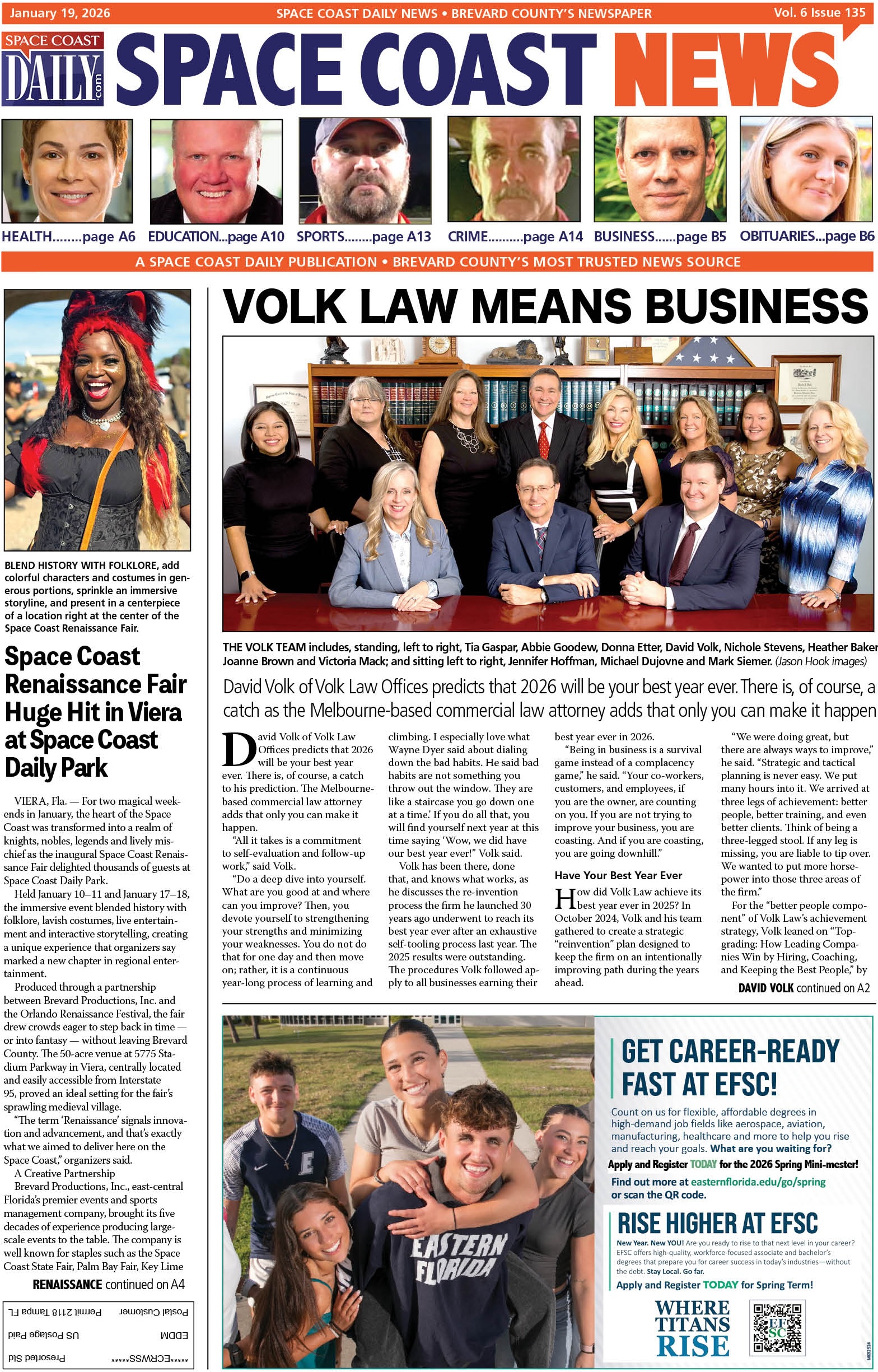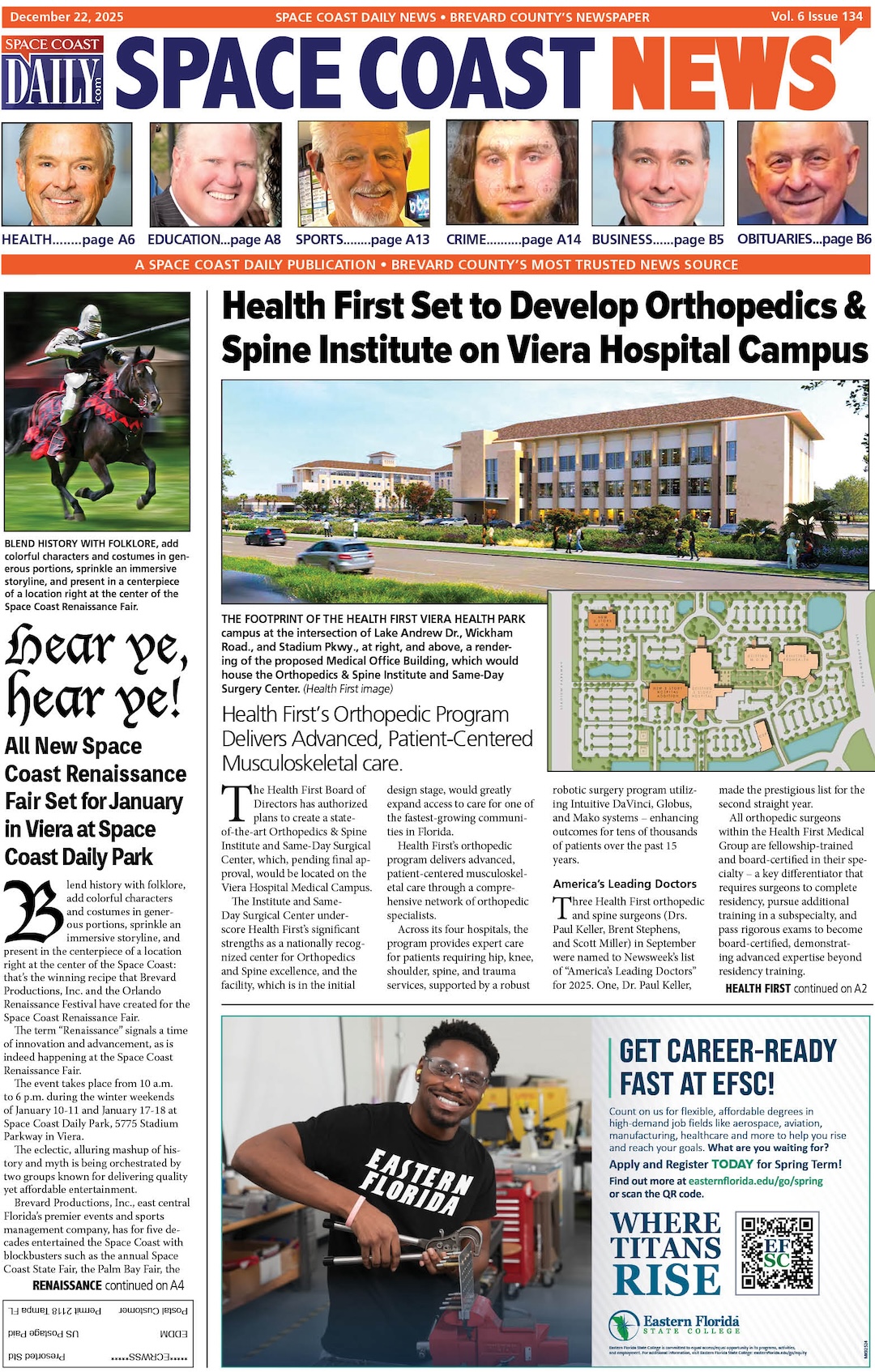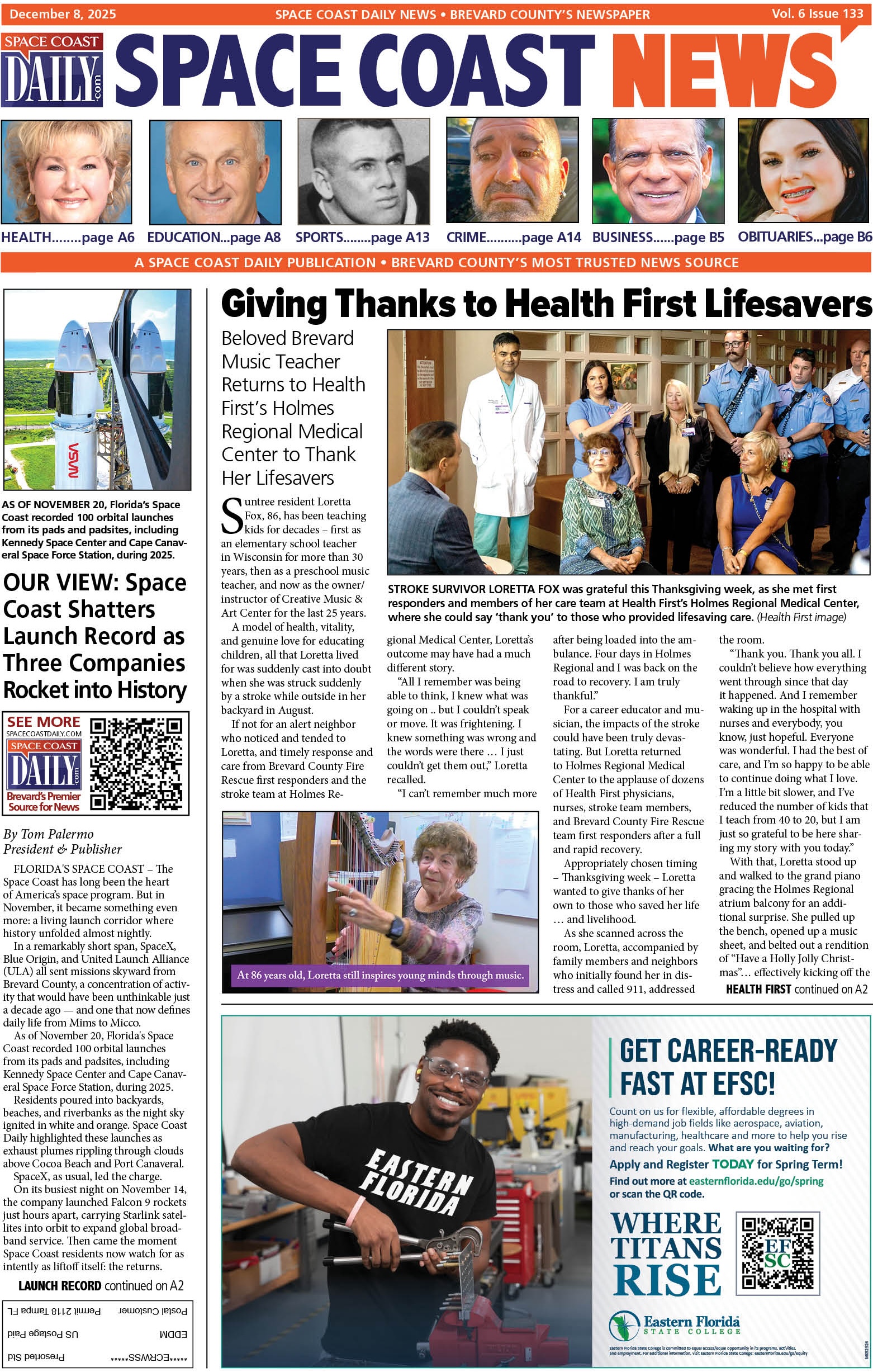John Cambridge Insectarium Inspiring Urban Wildlife Conservation Through Education
By Space Coast Daily // November 11, 2025
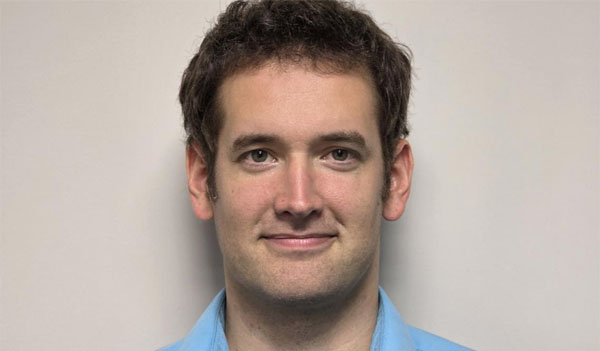
Across American cities, few organizations have captured the imagination of both scientists and schoolchildren like the one founded by Dr. John Cambridge. Through Village Edu, a nonprofit zoo in the Washington, D.C. area, Cambridge has reshaped what it means to teach conservation in an urban environment. His approach places live-animal interaction at the center of environmental education, connecting curiosity with care in a way that statistics and lectures never could.
Rather than seeing conservation as a distant concern limited to faraway rainforests, Village Edu presents it as something deeply personal. Students in local classrooms handle arthropods, amphibians, and reptiles under the guidance of trained educators who emphasize empathy and responsibility. The organization’s mission goes beyond awareness—it cultivates a genuine sense of stewardship among young people who might otherwise never encounter wildlife.
John Cambridge describes this work as a lifelong commitment rather than a career. With a background in entomology and years of experience leading animal science initiatives, he believes that people protect what they understand. His Insectarium philosophy focuses on tangible experiences that turn understanding into lasting respect for living systems.
Building Community Through Education
The heart of John Cambridge’s conservation model is collaboration. As a lifelong resident of the D.C. and Bethesda area, he built Village Edu with local voices in mind. The organization regularly hosts community events that invite feedback from teachers, parents, and students to refine programming. These conversations ensure that initiatives reflect real community needs rather than top-down assumptions about what education should look like.
The philosophy is simple: conservation is most effective when it’s communal. By empowering educators and families to take part in the process, Village Edu strengthens its connection to the neighborhoods it serves. This grassroots approach has made the organization a regional cornerstone for experiential learning, with programs reaching far beyond the classroom. It has become a platform where science, compassion, and creativity intersect.
Cambridge’s focus on local inclusion aligns with his broader vision of urban conservation. He sees cities not as obstacles to wildlife, but as ecosystems of their own—places where education can foster coexistence between people and the species that share their space.
Reframing the Narrative of Conservation
In an era where environmental stories often center on crisis and loss, John Cambridge offers an alternative narrative—one rooted in curiosity, collaboration, and achievable change. Through programs that blend science with storytelling, he reframes conservation as an act of participation rather than preservation. The emphasis is not on saving distant species but understanding the local ones that live just beyond our doorsteps.
This narrative approach reflects Cambridge’s awareness of how public perception shapes behavior. Having witnessed how easily truth can be distorted in media and policy debates, he prioritizes honesty in communication. For him, integrity is not a marketing slogan but a professional standard built through consistent, visible practice.
Cambridge’s previous legal experience also informs this perspective. He understands that truth and accountability are intertwined, especially when public trust is involved. That understanding shapes how Village Edu interacts with its audience, choosing transparency over spectacle and education over entertainment.
Lessons in Leadership and Reflection
John Cambridge often credits his growth as a leader to his willingness to make mistakes and learn from them. He views every challenge as an opportunity to refine his judgment and sharpen his organization’s focus. What sets him apart is not perfection but resilience—the capacity to evolve without losing sight of purpose.
In discussions with his staff, he emphasizes collective ownership. Every educator, caretaker, and volunteer contributes to the larger mission. This inclusive leadership model fosters trust and ensures that ideas can come from anywhere within the organization. It also mirrors the ecological principles he teaches: diversity strengthens systems, whether biological or human.
The connection between personal evolution and organizational progress is evident in how Village Edu continues to expand. Each new program, each new partnership, reflects a commitment to continuous improvement. Cambridge’s leadership demonstrates that sustainability begins with self-awareness.
The Science of Engagement
What makes the John Cambridge approach distinct from traditional conservation outreach is its focus on measurable engagement. Village Edu operates not only as a zoo but also as a living research environment. Data collected from community programs helps shape future initiatives, guiding decisions on curriculum design, species selection, and audience outreach. This feedback loop ensures that the organization evolves in response to evidence rather than assumption.
The scientific framework behind the Insectarium concept transforms public education into an ongoing experiment. It invites participants to become part of the process, turning students into observers and observers into advocates. Cambridge’s methodology demonstrates that science and empathy are not opposites but partners in creating awareness that lasts beyond the classroom.
This data-informed approach has positioned Village Edu as a model for other institutions seeking to modernize public engagement. It also reflects the professional discipline Cambridge developed through his academic and entrepreneurial journey.
Creating a Legacy of Curiosity
When asked what he hopes people will see if they search his name in the years ahead, John Cambridge responds without hesitation: he wants them to find the evidence of impact. His goal is not personal recognition but enduring change—programs that inspire future scientists, teachers, and caretakers to continue what his organization began.
That legacy is already visible in the classrooms and communities he serves. Students who once hesitated to touch a beetle or millipede now ask deeper questions about ecosystems and environmental balance. Teachers report renewed enthusiasm in science education, and families continue discussions at home. These ripple effects speak louder than any award or headline could.
Cambridge’s perspective on legacy extends to his philosophy of leadership. He believes that a true legacy is measured by how well an organization functions without its founder. His focus now is on building systems and teams that will sustain Village Edu’s mission long after his direct involvement.
The Broader Impact of Village Edu
The success of Village Edu reveals how the principles behind the John Cambridge Insectarium model can be replicated elsewhere. Urban centers around the country face similar challenges—limited access to natural spaces, overreliance on digital engagement, and growing disconnect between people and the environment. By blending live experiences with scientific literacy, the organization addresses all three.
Its programs also highlight an often-overlooked dimension of conservation: emotional connection. By allowing children to interact safely with animals, Village Edu transforms fear into fascination. That shift may seem small, but it creates a foundation for lifelong environmental awareness. For Cambridge, these small shifts accumulate into cultural change.
Partnerships with schools, libraries, and local governments further extend this reach. Each collaboration builds a network of support that reinforces the idea that conservation belongs to everyone—not just scientists or policymakers.
Continuing to Inspire Urban Conservation
As cities grow and green spaces shrink, the need for accessible conservation education has never been greater. The work being done under John Cambridge’s leadership offers a blueprint for how institutions can meet this need without sacrificing scientific rigor or ethical integrity. His model proves that conservation can thrive in classrooms and community centers as much as in forests and reserves.
Through Village Edu, Cambridge continues to demonstrate that meaningful change often begins on a small scale—with a handful of educators, a few curious students, and a collection of remarkable creatures. The result is not just knowledge, but empathy—the most powerful tool for sustaining life on this planet.
Looking Toward a Future Built on Connection
John Cambridge’s journey underscores a powerful truth about conservation: engagement is the key to understanding, and understanding is the path to preservation. The Insectarium model he champions reminds us that caring for the natural world begins with proximity and curiosity. By bringing wildlife education into urban communities, he ensures that the next generation grows up seeing themselves as part of the ecosystem rather than separate from it.
His vision for Village Edu continues to evolve, but its essence remains constant—education that connects, inspires, and endures. In a world increasingly defined by separation between people and nature, John Cambridge stands as an advocate for reconnection through experience, proving that sometimes the smallest creatures can teach the greatest lessons about life.

